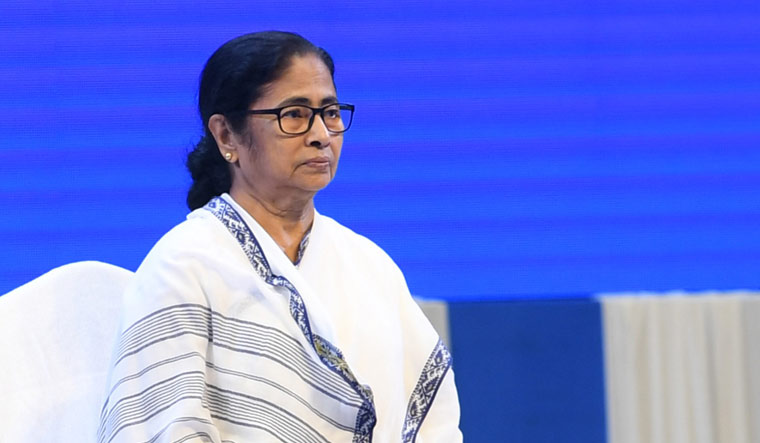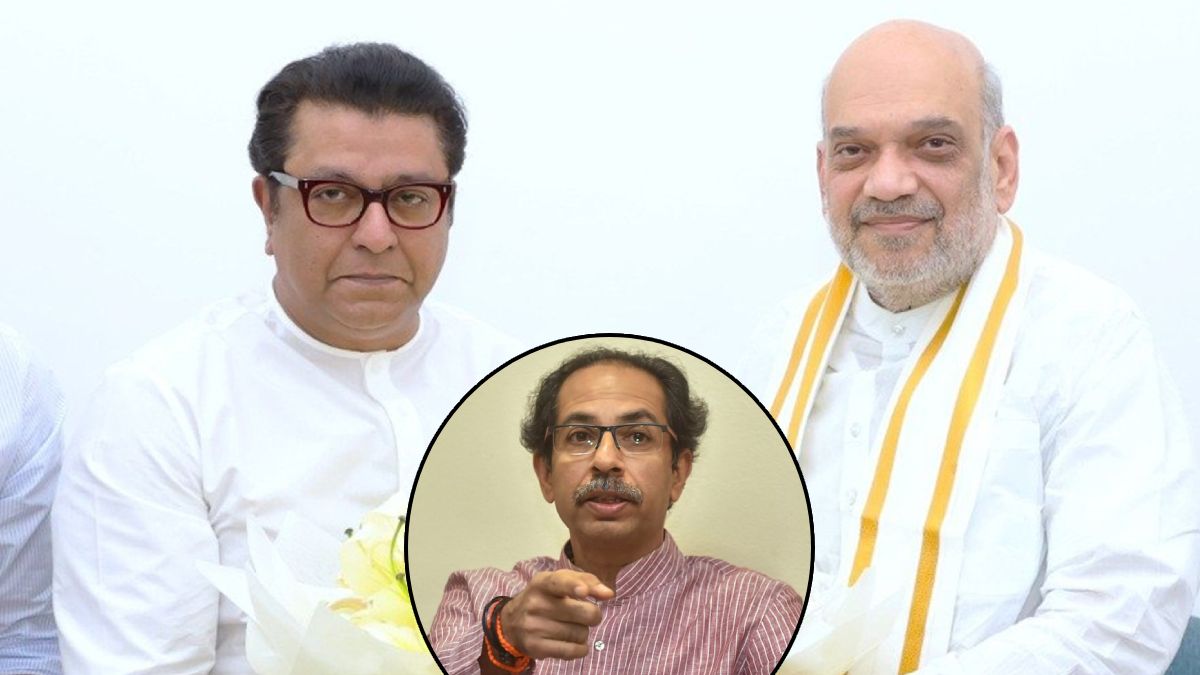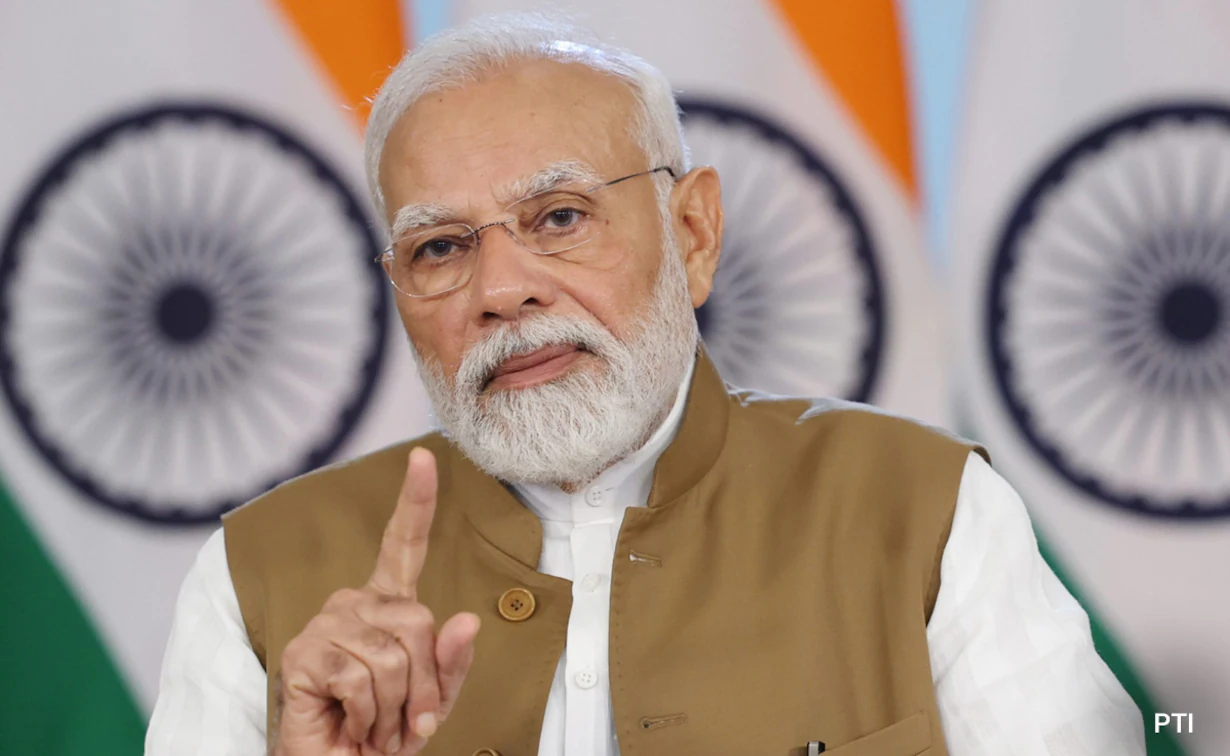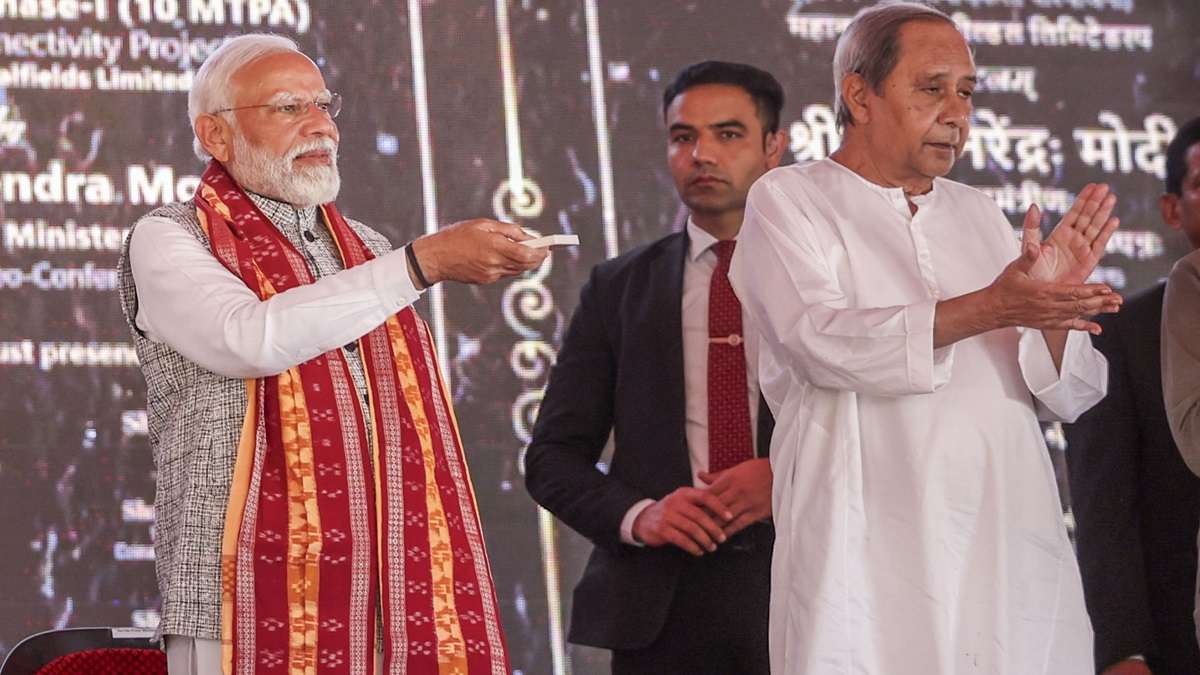The electoral landscape in West Bengal for the 42 Lok Sabha seats is becoming clearer with both the BJP and the ruling Trinamool Congress (TMC) announcing their candidates. The BJP has finalized candidates for 20 seats, while the TMC has revealed its picks for all 42 constituencies, effectively closing the door on any possibility of a seat-sharing agreement with its ally, the INDIA bloc’s Congress.
On the other hand, the Left Front and Congress, who are allies, are facing challenges in forming a united front. The Left Front has already declared candidates for 16 seats but has expressed frustration publicly over Congress’s delay in finalizing seat-sharing arrangements.
The Trinamool Congress (TMC) in West Bengal has been facing an increasingly formidable challenge from the Bharatiya Janata Party (BJP), which has been steadily gaining ground in the state’s political landscape. As the BJP’s influence grows, the TMC has opted to contest the upcoming elections independently, a decision influenced by the realization that despite facing tough competition, it doesn’t lose by significant margins.
The TMC’s decision to go solo in the elections reflects a strategic move aimed at maintaining its political autonomy and asserting its dominance in the state. Despite the BJP’s surge in West Bengal, the TMC remains confident in its ability to retain a significant portion of its support base, thereby minimizing potential losses.
The BJP’s rise in West Bengal has been a cause for concern for the TMC, as the saffron party has made significant inroads into the state’s political landscape in recent years. The BJP’s aggressive campaigning, coupled with its emphasis on Hindutva ideology, has resonated with a sizable portion of the electorate, particularly in rural and semi-urban areas.
However, despite the BJP’s gains, the TMC remains a formidable force in West Bengal, with a well-established grassroots network and a strong presence across the state. The party’s popularity, particularly among the rural population and minority communities, has remained relatively stable, providing it with a solid foundation to withstand the BJP’s challenge.
The TMC’s decision to contest the elections independently is also influenced by its assessment of the political landscape in West Bengal. The party believes that by going solo, it can better appeal to its core support base and mobilize voters based on its own agenda and principles, rather than being constrained by alliance dynamics.
Moreover, the TMC’s decision reflects its confidence in its leadership, particularly Chief Minister Mamata Banerjee, who continues to enjoy widespread popularity and support among the state’s electorate. Banerjee’s charismatic leadership and her track record of delivering on key development initiatives have bolstered the TMC’s standing in West Bengal, making it less reliant on electoral alliances.
Additionally, the TMC’s decision to go solo may also be driven by strategic considerations aimed at consolidating its position as the primary opposition force in West Bengal. By contesting independently, the TMC can position itself as the main alternative to the ruling BJP, thereby strengthening its appeal to voters disillusioned with the incumbent government.
Overall, while the BJP’s rise in West Bengal presents a formidable challenge to the TMC, the party’s decision to contest the elections independently reflects its confidence in its ability to retain significant support and withstand the saffron surge. By asserting its autonomy and focusing on its core strengths, the TMC aims to maintain its dominance in West Bengal’s political landscape and emerge as a formidable force in the upcoming elections.





